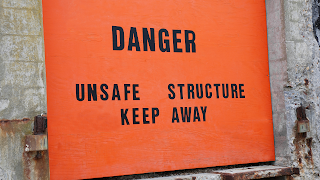Stop Pouring Into Broken Cups
I remember sitting on the phone one night,
listening to someone I care about spiral. They were venting, going in circles,
asking “why me” for the hundredth time. I stayed on the line, patient, letting
them unload. When they finally stopped to breathe, I gave them advice that came
straight from the heart. It was clear, it was honest, it was what they needed
to hear.
And you know what they did? They brushed it off.
A week later, they were back with the same story, same drama, same tears, using my words, but
not applying them. It was like they borrowed my wisdom just long enough to
patch up their mask, so they could keep playing the same game.
That’s when it clicked: not everyone wants help. Some people want their egos stroked. Some
want sympathy. And some just want to drain your energy so they can keep living
in dysfunction a little longer.
Here’s what I’ve learned: people can only receive advice at the level of the emotions
they’re resonating with in that moment. If they’re angry, your words sound like
noise. If they’re deep in denial, your truth feels like an attack. And if
they’re addicted to chaos, your light is a threat to the darkness they’ve grown
comfortable in.
Accountability is a curse word to toxic people. When you try to show them themselves, they’ll
twist it back on you. That’s blame-shifting 101. And if you keep entertaining
it, you’ll find yourself drained while they keep spinning in circles.
So now, I move differently. I protect my energy. I don’t engage when dysfunction is loud
and accountability is unwanted because my light is too valuable to be used as a
crutch for someone who has no intention of walking.
You can’t fix people who are committed to breaking themselves. They don’t want healing; they
just want your light.
And once you recognize that, the choice becomes simple: let them carry their own weight, or
you’ll drown trying to hold it for them.
.png)

.png)
.png)
Comments
Post a Comment